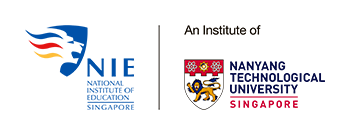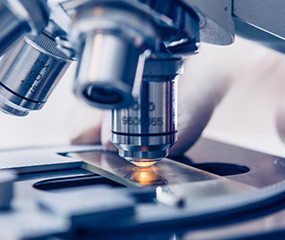
|
|


|

|
|
|
- |
|
|
The inaugural Science Learning Festival provides a platform for science educators teaching across different grade levels in Singapore to gather to learn, exchange ideas, and form networks. |
|
Course synopsis |
|
The inaugural Science Learning Festival provides a platform for science educators teaching across different grade levels in Singapore to gather to learn, exchange ideas, and form networks. The Festival will feature workshops targeted at refreshing disciplinary ideas, infusing technology into classes, encouraging scientific inquiry, and developing emerging 21st century competencies. The workshops are designed to inspire and invigorate science teachers to innovate their teaching practices to prepare students for the technology-rich world of the 21st century. |
|
View More |
Objective |
|
To provide a platform for science educators teaching across different grade levels in Singapore to gather to learn, exchange ideas, and form networks.
KEYNOTE ADDRESSTheme:THE FUTURE OF SCIENCE EDUCATION: Embracing technology, inquiry and an innovation mindset Synopsis: Science education needs to stay relevant and in tune with changes in society and economy, both of which will be strongly influenced by technology. The scientific principles behind the development of new technologies, be they based on physics, chemistry or biology, stem from enquiring minds, nurtured from an early age through stimulating education programmes. But ideas, concepts and discoveries remain as “twinkles in the eye” until they are translated into innovations.Cultivating an innovation mindset in schools starts by nurturing inquiry through linking real world problems with authentic learning pedagogies. This may be exemplified by using lessons addressing problem areas such as climate change (global warming, climate mitigation and adaptation), sustainable crop growing, regenerative soil health, food waste (recycling and upcycling), nutrition value of vegetables, biological pest control, and water conservation. These problem areas provide opportunities to develop and curate solutions that start with asking the right scientific questions and what appropriate technology is needed (e.g. using “science hackathons”), followed by applying knowledge on the process to move from concept to a solution output. Increasingly, science classes will have to embed in lessons, elements of digital technology, robotics, biotechnologies, etc. Increasingly too, teachers will be challenged to incorporate more inter-disciplinarity and multi-modality (beyond the classroom or laboratory), and promote trans-contextuality (science in society) in their lessons.Yet the future of science education must remain fastened to conventional goals such as to develop critical thinking skills, foster a sense of curiosity and inquiry about the natural world and promote scientific literacy in support of responsible citizenry and growing human capital to the nation’s economy. SELECTION OF WORKSHOP
|
Outline |
|
Course fee |
||||||||||||||||||
*MOE Educators include MOE & Direct Hire Staff from Independent, Specialised Independent and Specialised Schools. **Non-MOE educators refer to those from SSP, SOTA, polytechnics, ITE, LASALLE, NAFA, University of the Arts Singapore, government-affiliated educational institutes, and autonomous universities. |
Who should attend |
|
Educators currently teaching Science in educational institutions.
|